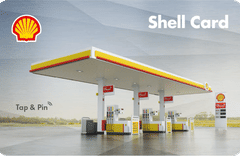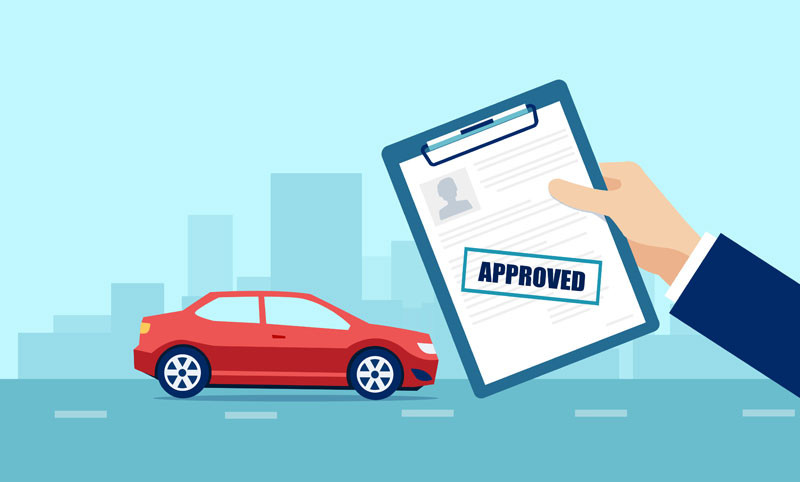Small Businesses are often confused when purchasing a company vehicle. Among other things, car expenses can be a major part of your costs. When is it a good idea to purchase a vehicle as a business owner, and when is it smarter to get a new car for personal use?
Motor Vehicle Purchased for Business Use
When a business acquires a company car, the costs are tax-deductible by the legal entity that made the purchase. Although, if the new car is not used for business purposes and instead for private usage, a contribution would be required so that you can avoid the fringe benefits tax (FBT).
In case the purchased vehicle is an exempt vehicle, the deductible amount would be the costs you paid minus the contribution you have paid for personal use.
It is important to note that the value of the car plays a big role in the forming of the private usage amount. (Which is deemed equal to 20% of the purchase price of the car). This can be avoided by buying and using a logbook for expenses.
All of these count as deductible business expenses: depreciation, servicing, operating costs, fuel, registration, and even the interest if the vehicle was bought through leasing. Even better, if the business vehicle is registered for GST credit, the GST input tax credit included in each lease payment would also count a business cost. Moreover, car loan interest can be added to vehicle costs.
Disclaimer: The purchase price of the motor vehicle would suffer depreciation and be reduced by 1/3 after 4 years. You should take that into account when calculating the private usage amount.
Motor Vehicle Purchased for Personal Use
If a motor vehicle is used for business but has been purchased for personal use, or as a sole trader and your aim is an optimal tax deduction, there are only two methods at hand:
- Using a logbook.
A logbook would reflect your business trips which need to include how many kilometres were driven from which starting point and toward which endpoint. It needs to record every trip for the first 12 weeks, both private and business trips and that would serve as a reference for the first year of driving. If this is done incorrectly, the ATO would consider your actions a fraud and reject your tax deduction claims.
Disclaimer: You would need to get a new logbook every 5 years, log in the initial 12 weeks and present it to the ATO (Australian Taxation Office.) - Usings cents per kilometre.
The cents per kilometre method would deduce 68c per kilometre for business owners. Have in mind that there is a limit at 5,000kms, which would mean a maximum of $3,400 eligible as car expenses to write-off per year.
Depreciation for Business Vehicles
Depreciation for business vehicles is capped at a cost of $57,581. And the maximum of the GST tax credit allowed is 1/11 of capped price. Which would mean that expensive motor vehicles are not a good idea to be owned for business uses.
If the tax return is important to your business, you should rather go with something cheaper that can achieve the same result, and deduce a larger percentage of its purchase price.
The equation that tax professionals use to determine the answer to whether it is better for a small business to own a vehicle through a company name or for personal use is the following:
Depreciation plus Operating Costs is equal or greater than deemed private portion plus the $3,400 you could claim if you owned the vehicle as an individual.
The deemed private portion of the vehicle is based on 20% of the full purchase cost, which is not capped. The ATO allows for depreciation to be calculated during eight years of life with 12.5% for each one, or in case of going with the diminishing value method – 25% per annum.
READ MORE





